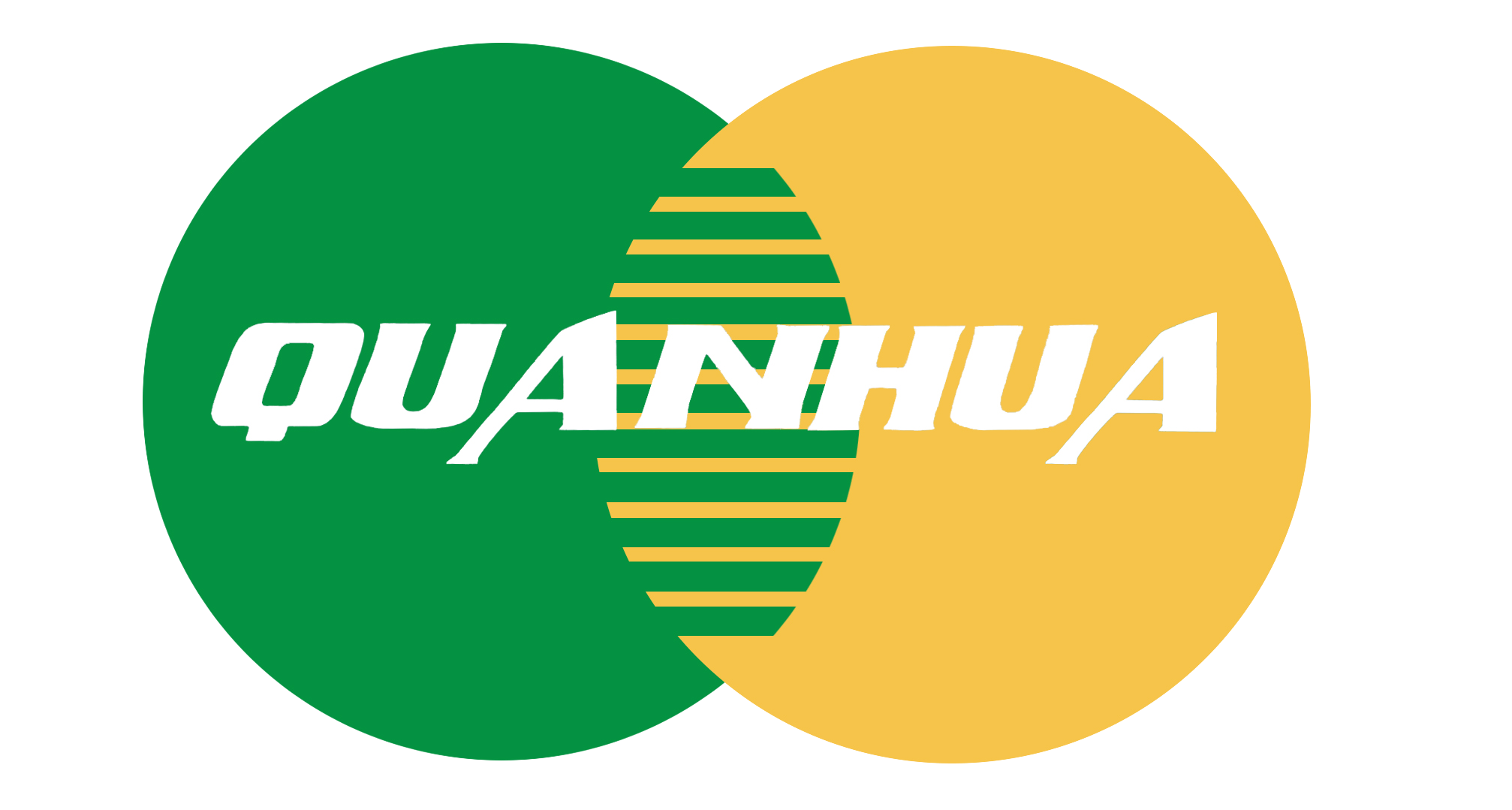Compostable Plastic Cutlery: A Sustainable Choice
In the face of growing environmental concerns, the search for sustainable alternatives to conventional plastic is more pressing than ever. Compostable plastic cutlery has emerged as a promising solution, offering numerous benefits that align with eco-friendly principles. This article delves into why compostable plastic cutlery is not just a trend but a significant step towards a sustainable future, providing valuable insights into its advantages and practical applications.
The Evolution of Plastic Cutlery
From Conventional to Compostable
Plastic cutlery, once celebrated for its convenience, has become a major environmental concern due to its persistence in landfills and oceans. Traditional plastics can take hundreds of years to decompose, contributing to long-term pollution and ecological damage. In response to these challenges, compostable plastic cutlery has been developed as a viable alternative that addresses the shortcomings of conventional plastics.
What Sets Compostable Cutlery Apart
Compostable plastic cutlery is designed to break down into natural components under composting conditions, unlike traditional plastics that fragment into microplastics. Made from renewable resources like PLA (Polylactic Acid) derived from corn starch or sugarcane, these utensils decompose in industrial composting facilities, converting into nutrient-rich compost that benefits the soil.
Key Benefits of Compostable Plastic Cutlery
- Environmental Impact
Reduction in Waste: Compostable plastic cutlery helps alleviate the burden of waste management. Unlike conventional plastics, which can persist in the environment for centuries, compostable utensils decompose relatively quickly, reducing landfill volumes and lessening the impact on waste management systems.
Lower Carbon Footprint: The production of compostable cutlery generally has a lower carbon footprint compared to traditional plastics. The raw materials are often sourced from agricultural by-products or renewable resources, minimizing energy consumption and greenhouse gas emissions during production.
- Soil Enrichment
Composting Benefits: When properly disposed of in composting facilities, compostable cutlery breaks down into organic matter that enriches the soil. This process not only helps reduce waste but also supports soil health and fertility, making it a valuable addition to compost used in gardening and agriculture.
- Consumer and Regulatory Trends
Meeting Consumer Demands: As consumers become increasingly aware of environmental issues, there is a growing demand for sustainable products. Compostable plastic cutlery meets this demand by offering an eco-friendly alternative that aligns with consumers' values and preferences.
Regulatory Compliance: Many regions are enacting stricter regulations on single-use plastics. Adopting compostable cutlery can help businesses comply with these regulations and avoid potential fines while demonstrating a commitment to environmental stewardship.
Practical Considerations for Businesses
- Choosing the Right Products
Material Selection: Not all compostable cutlery is created equal. It’s important to select products made from high-quality materials that are certified for compostability. Look for certifications such as ASTM D6400 or EN 13432, which ensure that the cutlery meets specific standards for composting.
- Integrating Compostable Cutlery into Operations
Supply Chain Management: Integrating compostable cutlery into your operations requires careful planning. Consider factors such as supply chain logistics, storage conditions, and disposal processes to ensure that the cutlery performs effectively and is properly disposed of.
- Educating Staff and Customers
Training and Awareness: Educate your staff and customers about the benefits and proper disposal of compostable cutlery. Clear labeling and informative signage can help ensure that the cutlery is used and disposed of correctly, maximizing its environmental benefits.
The Role of Industry Leaders
QUANHUA: Pioneering Sustainability
QUANHUA stands out as a leader in the field of compostable plastic cutlery, bringing years of expertise and innovation to the market. Their commitment to sustainability is evident in their production processes and product offerings:
Innovative Solutions: QUANHUA utilizes advanced technology and research to develop high-quality compostable cutlery that meets rigorous standards for durability and compostability.
Commitment to Quality: With a focus on using renewable materials and adhering to international compostability certifications, QUANHUA ensures that their products offer both performance and environmental benefits.
Conclusion
Compostable plastic cutlery represents a significant advancement in the pursuit of sustainability, offering a practical and eco-friendly alternative to conventional plastic utensils. By reducing waste, lowering carbon footprints, and enriching soil, compostable cutlery aligns with both environmental goals and consumer expectations. Industry leaders like QUANHUA play a crucial role in advancing this technology, providing high-quality products that support a greener future. Embrace the shift to compostable plastic cutlery and contribute to a more sustainable world.

